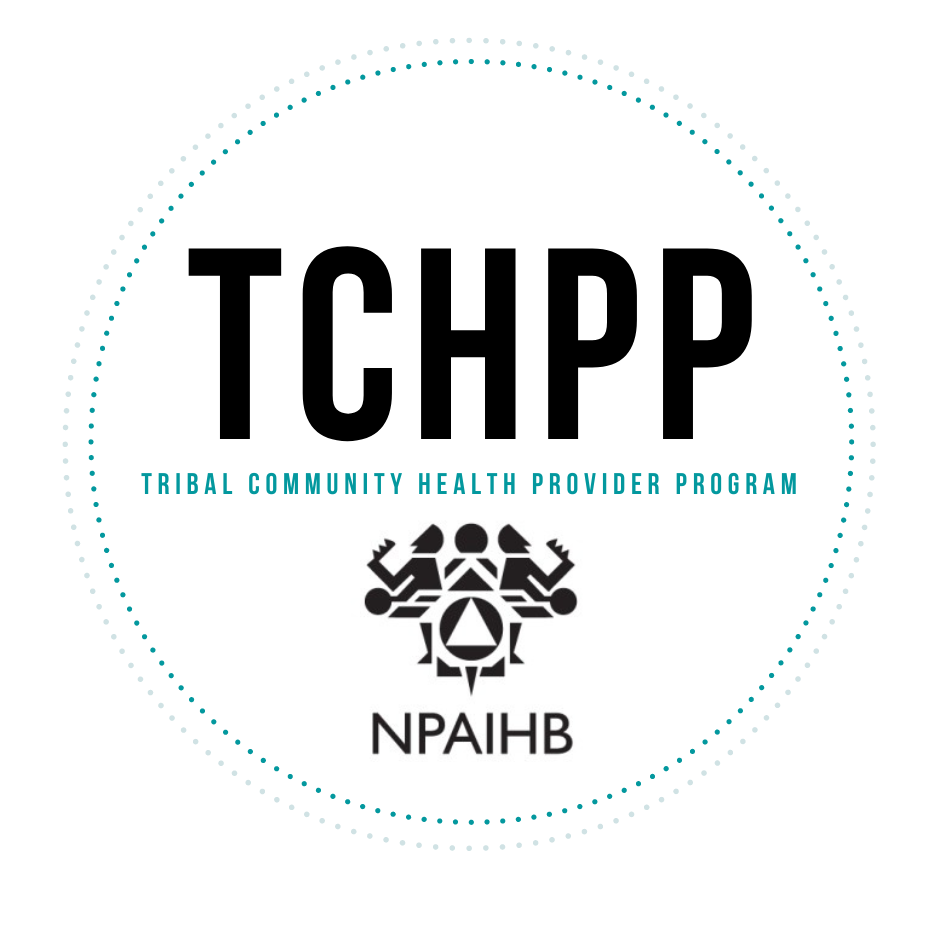Dental Therapy on the Swinomish Reservation
Asiah Gonzalez, a dental therapist, shares her views on the advantages of dental therapy.
Growing up on the Swinomish reservation, I never imagined that I could have a career in medicine. I tried hard in school, but I never saw dentists or doctors who looked like the people I grew up with.
That all changed when our tribe brought in a dental therapist. Suddenly, my regular check-ups were with a provider that grew up on a reservation like me, and who chose their profession so they could give back to their community. I felt inspired.
My senior year, they asked if I would be interested in interning at the dental clinic. The experience opened my eyes. Every day after classes, I helped at the clinic and learned that oral health is about so much more than flossing.
A person’s smile impacts their entire life – a healthy smile gives a good first impression at a job interview and helps a person gain self-esteem even when their community is marginalized.
I saw that preventing serious oral health problems early helped my neighbors save a lot of money. I also saw that native patients had better health outcomes and less fear when their dental provider was a familiar face.
After the internship, I knew what I wanted to do with my life. I enrolled in an innovative program in Alaska that trained tribal members to be dental therapists. A dental therapist is a new type of primary care oral health provider designed to fill the gaps in communities where care is out of reach. The program trained people like me—people from places where health care access is scarce—so we could return and provide affordable dental care to our community. As soon as I got my degree, I moved back to the reservation and helped cut down month-long wait times for Swinomish members to get basic dental care.
And then, when the pandemic hit, I was able to put my training to greater use. Because my patients had known me for most of their lives, they trusted my advice about staying safe during COVID-19. I also provide tele-health dental visits, eliminated aerosol producing procedures and used my training with portable equipment outdoors to keep patients healthy. I know firsthand the challenges my patients face every day, which means I can help people problem solve during a difficult time.
Right now, dental therapists in Washington state are only allowed to practice in tribal settings. Six Washington tribes employ dental therapists, and a study by the University of Washington’s Dental School show that dental therapy reduces emergency teeth extractions for kids and prevents tooth decay that leads to serious health problems. It’s past time to offer this solution statewide.
As COVID continues to decimate the health care delivery system, I hope that state lawmakers take notice of dental care innovations that tribes are using to keep people healthy. By expanding dental therapists to be able to serve the entire state, we could educate and employ people from communities that are hit hard by COVID. We could also start making dental care more affordable for the over 400,000 Washingtonians who have lost jobs—and insurance—during the COVID pandemic.
Washington state needs a cost-effective and community-focused workforce now more than ever. The good news is that tribes like the Swinomish are showing how dental therapy can make dental care easier to access and afford. Becoming a dental therapist changed my life and is bringing healthy smiles to the people I grew up with. It’s time to expand dental therapy across the state.
